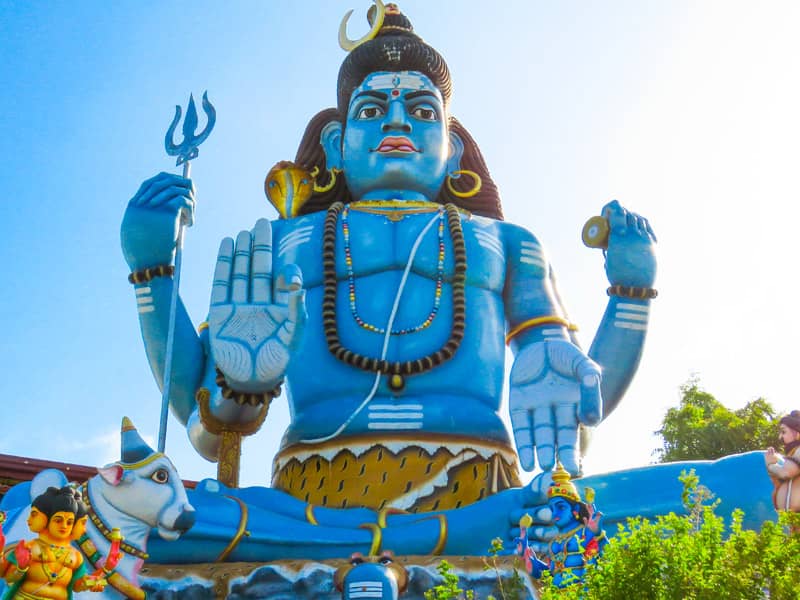The town has six distinct tent camps for the earthquake homeless - all separated by caste or religion. When relief groups showed up to hand out aid, town leaders presented them with six lists of residents: four different Hindu castes, the untouchables - lower even than the formal caste system - and Muslims. All the camps are separate.
With the pattern repeated across the zone in western India ravaged by the Jan. 26 quake, relief groups find themselves wrestling with the country's ingrained social hierarchy to get help to everybody - even untouchables.
``The whole issue of making sure all the castes are included has been a challenge,'' Graham Saunders of Catholic Relief Services said Wednesday as workers handed out buckets, soap and other aid to people in the town.
Officially, India's traditional caste system - a social hierarchy with Brahmans at the top and the so-called ``untouchables'' at the bottom - has been illegal for decades, and discriminating against someone on the basis of caste in employment and housing, for example, can wind up in court. Unofficially, however, the social order in the countryside remains strong, determining how most people live, with whom they marry and socialize.
So while modernization and urbanization have blurred the lines between castes somewhat in the cities, in places like the quake-damaged villages of Gujarat the divisions are clear, and greatly complicate the already enormous challenges of getting relief to victims.
In the aftermath of the disaster, necessities are scarce and everyone is desperate for help. Those at the top of the pecking order use their connections and prestige to get the pick of the goods.
The social hierarchy is only one of the problems with aid distribution. There have been complaints in the quake zone that political connections are playing a big role in determining who gets help.
The needs are overwhelming. The 7.7-magnitude quake killed more than 17,000 and left behind 1 million homeless, according to a United Nations estimate. More than 60,000 were injured and survivors are in need of medical care, food, water and shelter.
The French group Doctors without Borders has a cultural anthropologist in Bhuj, near the epicenter, to coach workers on how to navigate the region's social landscape.
``Indian villages look like a mess, but you know by the house what caste lives there,'' said Pilar Duch. ``You cannot think that a village is homogeneous. If you don't know that, you can make a mistake.''
Her colleague Olaf Pots spent the day Wednesday moving from village to village northeast of Bhuj, assessing needs and handing out blankets, tarps for tents and water buckets.
But it was more than just a matter of dropping piles of aid off at each village and moving on. First he met with village leaders and figured out how many people lived in the town and what castes were represented.
In Gada, a hilltop hamlet, Pots had a lengthy negotiation with village elders, peppering them with questions about the castes there and wringing from them guarantees that they would distribute the aid fairly.
A key to success is making sure there is enough to cover everyone in a village, so there is no fighting over short supplies.
For example, the sub-chief of Gada, Jiva Manda Rabari, assured Pots that he would see that the village's four untouchable families would get their share - provided supplies were sufficient.
``You have to give us enough if you want them to get something,'' he said, adding that he would turn away deliveries that could not provide everyone with some relief.
In some towns, international organizations rely on local groups to police distribution. In nearby Traya, Pots struck a deal with the village elders to let a member of a local women's development group supervise the handing out of blankets, tarps and water bottles.
In Lakhond, the leader of the untouchables there, Ramesh Kumar Hamirbhai, said he had no major problems with the distribution of aid so far, though he said the tradition of separating aid deliveries by caste caused unnecessary complications.
He said he preferred the way some international groups were operating, by gathering everybody in one place and handing out relief one person at a time. ``This is the best system,'' he said. ``This way, each and every person gets help.''

